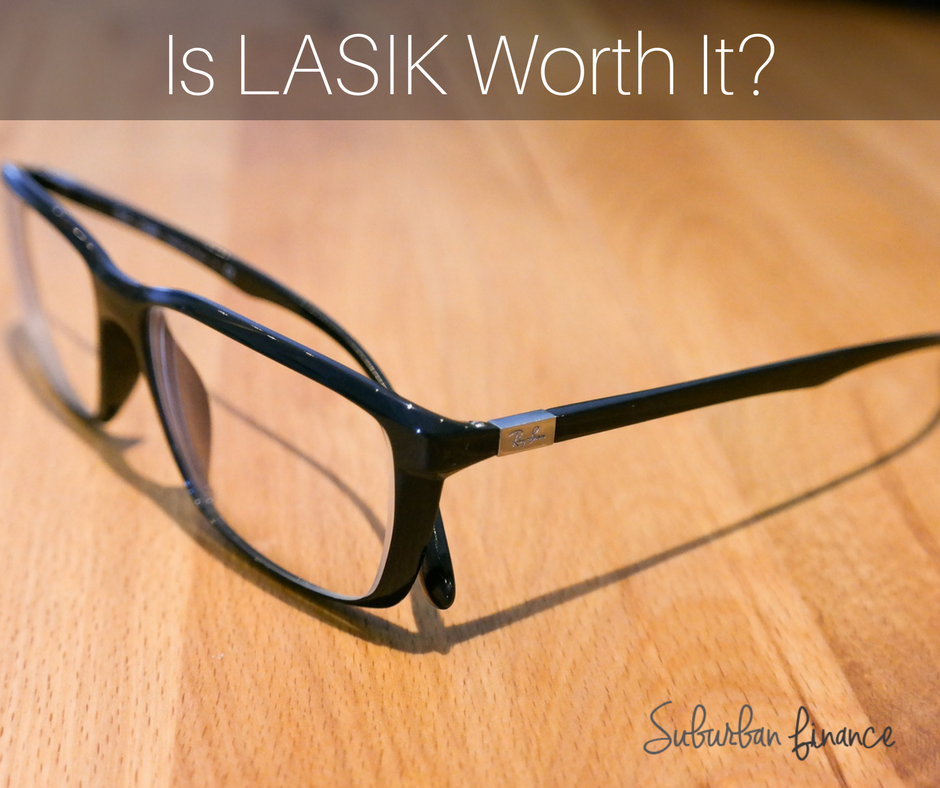Having auto insurance is one of those essentials you need if you drive…legally, that is. Not just that, but having auto insurance does protect you and your vehicle should anything happen, whether it be a head-on collision or a hit-and-run. You need to see your car as an investment because it is. Thus, understanding auto insurance will be wise so that you know you are getting the best deal (and not just emptying your bank account). Here’s how you can save money while still ensuring you’re protected:
Understanding Auto Insurance
Compare Before You Buy
Similar to the concept of “try before you buy,” you want to always compare quotes side-by-side. In fact, you do not even need to wait until you are buying to do a comparison. Many companies would be more than happy to go over cost-savings with you based on your current insurance provider. But, if you don’t want to deal with a salesperson, you can easily do the car insurance comparison online.
For most providers, they will offer to email you an initial quote first based on the information you filled out. Once you do this for multiple companies, you can see the best route to take. Some sites, like Progressive, will even do a comparison side-by-side for you, which is a smart sales tactic for them. For a faster look at different quotes from various companies, though, NerdWallet offers a free online tool for you to do just that. Check it out here.
Don’t Go Without It
Every state makes it a requirement for drivers to carry auto insurance. Even motorcycle drivers need to have insurance. If you get caught without it, the costs could be much higher than your monthly premium. If you were to get into an accident, the state may go after your personal assets, you may have higher insurance costs, a suspension of your license, and so on. You can learn more about these penalties at DMV.org.
Be Cautious About Loaning Your Car
Insurance policies go after the vehicle and not the driver. This means that in an accident, they pursue the vehicle at-fault for costs, and whoever owns the car and is the policyholder is responsible for those costs. So, even if you were not the one driving your car, your insurance has to cover it, which will lead to higher insurance rates for you to pay.
More Miles, More Money
The more you drive on a regular basis, the more money you’ll have to pay for an insurance policy. They base this on the increased likelihood of an accident to take place with the amount of times your car is on the road. In order to avoid this increase, try to periodically utilize public transportation instead whenever possible.
Look for Policies With Accident Forgiveness
When you’re in an accident, your premium will typically increase, especially after multiple accidents in a row. That is, of course, unless you have accident forgiveness in your plan.
Put Multiple Cars On One Policy
Many auto insurance carriers have “bundle plans” that allow you to insure more than one car under one policy. This can help you save money rather than going through multiple companies.
Ask About Military Discounts
As a thank-you for serving our country, many companies will give a military discount for those currently enlisted or veterans. Be sure to ask and see they have any options for you.
Overall, understanding auto insurance helps you to save money (or avoid wasting it) by knowing what to look for or mistakes you can prevent. Hopefully, with this knowledge, you’ll be able to find the best coverage and plan for you.
What would you add to the list?
Jenn Clark is a writer, PR specialist, entrepreneur, blogger and coffee enthusiast. A lover of laughter, traveling and cheese, she’s written about her life experiences here at suburbanfinance while at the same time growing other young professionals. You can find more of her work at Jennblogs.co.


